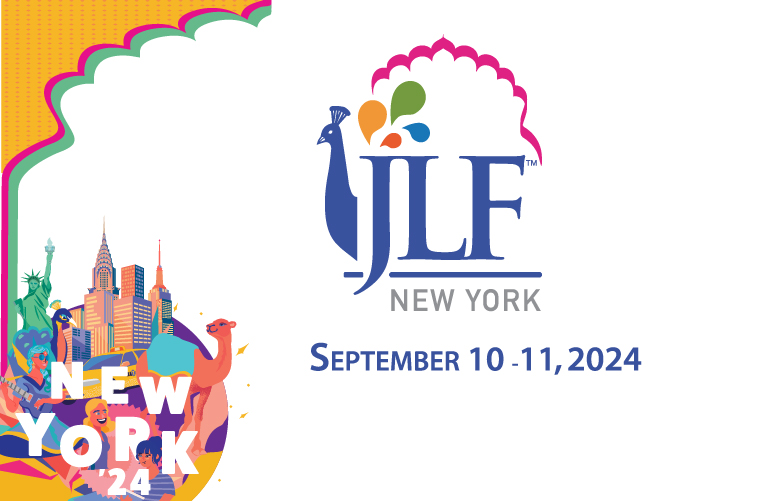

ZEE JLF at The British Library Sunday 16 Session 25 Writing London Ben Judah in conversation with Marie Brenner
Returning to London from an overseas work-trip, acclaimed journalist and foreign correspondent, Ben Judah realised that he didn’t recognise the city he lived in. Coming from an immigrant background - his father had emigrated to English in 1950s from the Jewish community in Calcutta – he had always been fascinated with the weaving of immigrant stories as a mechanism to create a virtual ‘village’ of shared experience. He decided that with his book, This is London, he would write a work of pure reporting, undistorted by his personal options: the immigrant stories he collected would shape a new mind set for the reader, a new appreciation and understanding of the London ‘village’ through the eyes of the learners, carers, caretakers, builders and janitors who keep the city running.
Ably guided by moderator, Marie Brenner, who clearly revelled in the book, this session was a joyous at times haphazard dash through some of the stories Judah discovered on his travels across London: from the Nigerian policeman living in Peckham to the collective account of the lives of Philippine maids in Belgravia; from the chaos of Victoria Coach Station where 2000 immigrants arrive each day, to a place Judah describes as a London Ellis Island, to the Polish builder regretfully employed to tear down London’s Victorian architectural legacy to build new white-walled, marble homes for Russian oligarchs.
Recording interviews on his phone or taking notes in a moleskin notebook, Judah posed as a penniless Romanian migrant to gain entrance to places he would have otherwise been excluded from. His portraits of immigrants – no one profiled in the book had been born in London – form an evocative series of unrecorded histories of Londoners and a love story to the city of London itself.
This is London was published in Jan 2016, shortly before the pivotal referendum that plunged the UK into the Brexitian world we now find ourselves in.
As Brenner notes, this gives Judah an almost Orwellian cast to his role as narrator and guide through a city on the cusp of wide sweeping, catastrophic change. It was written with Judah stepping out of the world of current political reporting, so his ‘pure reportage’ is free of any hint of prescience of what lay just ahead. Asked what his view of what London will look like in 2050, Judah painted a picture of a London where mixed ethnicity and culture are the norm, and nationality a matter of less importance than community: sadly, he stated, the future economic wellbeing of post-Brexit London is far less certain.


Leave a comment